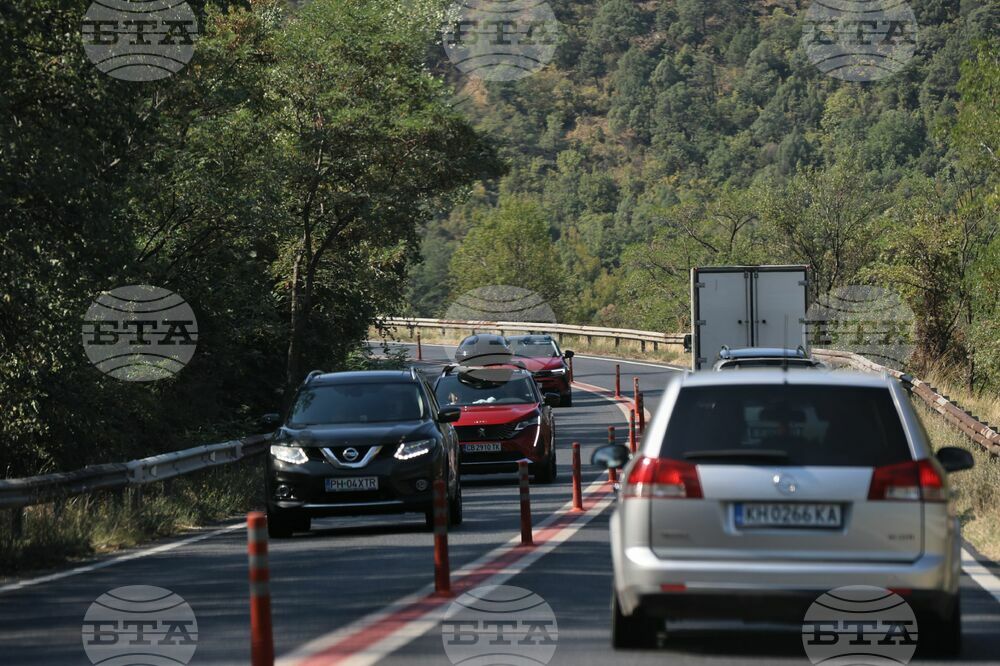site.btaSupreme Court Greenlights Provisional Implementation of Development Proposal for Struma Motorway without Environmental Impact Assessment


Bulgaria's Supreme Administrative Court (SAC) has admitted a provisional implementation of a development proposal for an improvement of the Eastern Variant of the Struma Motorway without conduct of an environmental impact assessment, the Court said on Thursday.
The ruling, rendered by a five-judge panel of the SAC, is final as it left standing a ruling of a three-judge panel of the same Court.
The provisional implementation was admitted by a decision of the Minister of Environment and Water which waived the conduct of an environmental impact assessment for the development proposal.
The Supreme Court judges held that there is no alternative route and, therefore, the road cannot be closed to traffic, which impedes an improvement of its operational status. Proof inserted in the case file expressly demonstrates that a delay in the implementation of the administrative act may entail a significant detriment to the State because of the need to recover spent EU funds.
The Struma Motorway, which is under construction, links Sofia with the Kulata Checkpoint on the border with Greece and runs via Pernik, Dupnitsa, Blagoevgrad and Sandanski. The project is one of the EU's Ten-T Priority Projects. Of a total length of 172 km, 143 km (Sofia-Blagoevgrad and Kresna-Kulata) of the motorway are in service.
The "Eastern Variant" of the Struma Motorway route in the stretch at issue envisages two separate carriageways: one in the Sofia-Kulata direction along the existing route of E-79 in the Kresna Gorge and another, in the Kulata-Sofia direction, bypassing the gorge to the east.
The Trud daily reported in 2023 that the most ardent opponents of the Eastern Variant are paid by Swiss construction companies to lobby for an alternative route of the motorway, including a 15 km tunnel in the Kresna Gorge and broadening the existing road to motorway dimensions. Back in 2015, the Bulgarian Construction Chamber warned that this option would be more expensive, less environmentally friendly, more time consuming and inappropriate for one of the Balkans' most earthquake-prone areas, in addition to allowing a lower speed of motor traffic.
/LG/
news.modal.header
news.modal.text